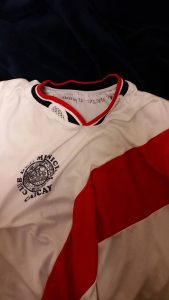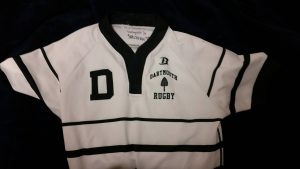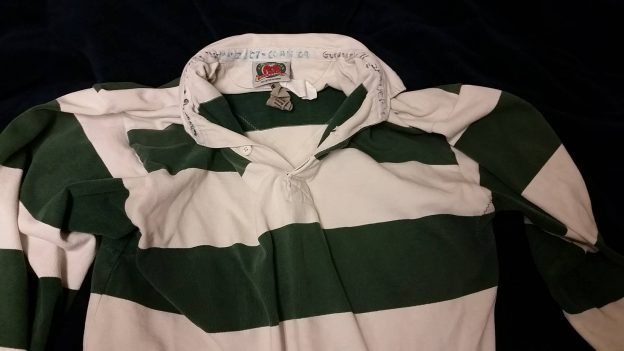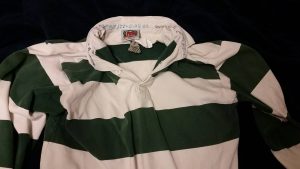Interview with Ahsan Azim Transcript
- What is your name?
- Ahsan Azim
- Where are you from in Pakistan?
- Lahore
- Did you grow up in Pakistan? How long have you lived there?
- Partially; lived there about half my life (i.e. ~ 10 yrs).
- What is your ethnicity? (Punjabi/Pashtun/Sindhi/Balochi etc?)
- Punjabi
- Do you think that growing up, people around you believed in things that did not always have a logical explanation (for example, seeing a black cat means you will have bad luck for the rest of the day?)?
- Definitely
- Did you yourself believe in a lot of such things?
- Pretty much
- In Pakistan, what should one do if they want to avoid bad luck?
- No black cats
- No knocking down bee hives (this may not be very universal)
- What should they do to make sure they have good luck?
- Nothing comes to mind in particular.
- What should you do if you want a good marriage?
- Be rich
- Be attractive (i.e. have fair skin)
- Not sure if either of the above two qualify as superstitions.
- Do you have any strange rules about food that do not have a logical explanation (for example: don’t drink milk after eating fish)?
- No fish before milk was definitely a thing,
- No others come to mind in particular.
- Do you know any other superstitions?
- Never mentioning or discussing bad dreams (expanded upon in # 14).
- What is one superstition that has really played a role in your life and that you believed growing up?
- Never discussing bad dreams! I’m pretty sure this is widespread (at least it was in my extended family), and I keep to the rule really strictly. Basically you don’t discuss details of your bad dreams, because if you do, then they come true!
- Do you think that superstitions play a big role in Pakistan?
- Overall I’d lean towards yes, but obviously it varies with social class and education.






